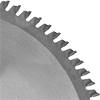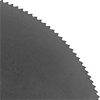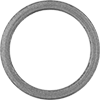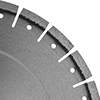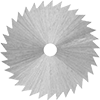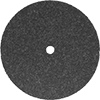Filter by
Diameter
For Use On
Thickness
For Use With
Number of Teeth
Maximum Rotation Speed
Abrasive Material
Tooth Material
Grit Rating
DFARS Specialty Metals
Body Material
Export Control Classification Number (ECCN)
Arbor Hole
Cut Type
Grinding Wheel Shape
Reinforcement Material
Fabricating and Machining
Containers, Storage, and Furniture



























